Postnatal Anxiety is common for new mothers to experience mild mood changes after giving birth. This often occurs during the first few days of a child’s life. It is often called ‘baby blues’.
The early weeks after having a baby may be characterized by anxious thoughts and worries. Some people worry that the baby will be hurt or that they will make a mistake. Generally, after a couple of months of taking care of a newborn, the intensity of these feelings lessens. This type of anxiety is different because it tends to last longer and be more distressing.
Most new parents feel compelled to be happy and think everyone else is doing fine, so it is difficult to talk about any negative feelings. There is no cure for postnatal anxiety, but there is treatment and non-judgmental support. Don’t keep your feelings to yourself. Let one of your midwives, health visitors, or GP know what you are feeling.
Anxiety is when you feel uneasy, worried, or scared, in mild or severe forms. Sometimes (but not always) people with anxiety think that things have gone wrong or will go wrong in some way.
We all feel anxious from time to time, but some people have difficulty controlling their anxieties. Panic attacks can also occur in people with anxiety.
A traumatic birth may cause some parents to develop post-traumatic stress disorder (PTSD).
People who are anxious or worried may develop obsessive thoughts and compulsive behaviors. Additionally, they may worry about harming the baby intentionally or accidentally. The condition is known as obsessive-compulsive disorder (OCD).
Although postpartum psychosis is rare, anxiety can be a symptom of this condition. In addition, there are many other symptoms that are not common in anxiety disorders.
Read: Thought Disorder
How common is postnatal anxiety?
Postnatal depression is a condition that can occur after birth. There are also many cases of postnatal anxiety. Recent studies suggest that this is even more prevalent to occur after birth. Mental health problems, such as anxiety, are common in pregnant women or in the first year following childbirth.
It’s also possible that people mistakenly think it can affect only a mother or a father who gave birth. However, dads and partners can also experience anxiety during and after their partners’ pregnancies. It is a huge change in one’s life that can affect parents both positively and negatively. Do not punish yourself if you are having difficulty adjusting.
Difference between postnatal anxiety and postnatal depression?
An individual with postnatal depression feels constantly sad or depressed for more than two weeks. Furthermore, you may have difficulty concentrating, lose interest in things you normally enjoy, and experience feelings of guilt, hopelessness, self-blame, and lack of self-confidence. You’re more likely to suffer from symptoms of anxiety such as persistent worries and panic attacks.
However, identifying this type of anxiety can still be a problem, even when things have improved. Researchers from the Royal College of Obstetricians and Gynecologists (RCOG) found that many women reported feeling that their symptoms weren’t taken seriously because they didn’t fit the traditional definition of postnatal depression.
An individual can have both depression and anxiety at the same time. Postnatal anxiety is very common, and it is important that your symptoms are identified and you get the support you need to deal with them.
Read: Postpartum Anxiety
What causes postnatal anxiety?
Anxiety can affect anyone. However, if you already suffer from anxiety or are someone who suffers from a lot of worries, you may be more likely to develop anxiety during and after pregnancy because of this time’s stress.
When you become a new parent, you may face situations such as:
- Taking care of your new baby
- Making sure your baby is healthy and happy
- Not getting enough sleep
- Shifting relationships with your partner
- Financial stress
If you lack good support networks, like friends or family living nearby, it can be difficult to adjust to life as a new parent. It is possible that a child is ill or some other life event is causing particular stress. Neither this nor your anxiety is unreal, nor does it mean that support will not be helpful to you.
Additionally, anxiety can worsen if you:
- Women
- Suffer from anxiety in their families
- Suffered from bullying as a child
- Been the victim of abuse or physical trauma
- Been in pain for a long time
- Stressed out by things like relationship issues, money worries or being unemployed
- Born prematurely
You’re also more likely to develop postnatal anxiety or depression if you’ve lost a baby previously.
Read: COVID Anxiety Syndrome
What are the symptoms of postnatal anxiety?
Some of the symptoms of anxiety can be difficult to detect because they are like common emotions that most new parents experience. It is possible to have trouble concentrating or falling asleep.
You may also feel the following symptoms if you have anxiety:
- Not being able to control your anxiety all the time
- Being restless or anxious all the time
- Feeling dread
- Irritable
- Always on edge
It is also possible that anxiety affects your behavior. It is possible to avoid certain places, to avoid certain activities, or even to deny certain feelings because they cause you to feel threatened. It is possible that you are overly cautious or that you constantly ask loved ones or health care professionals for reassurance.
Anxiety may also result in panic attacks in some people. These attacks can occur suddenly and without apparent cause. An attack may last from five to twenty minutes. Although they are frightening, anxiety is a normal emotion, so they are not dangerous. You experience intense physical and mental symptoms during a panic attack. You may experience:
Panic attacks can cause the following symptoms:
- Racing heartbeat
- Anxiety about death
- Chest pain
- Shortness of breath
- Dizziness
The following questions may indicate that you have postnatal anxiety, according to Anxiety UK:
- Do you worry excessively that your baby is in danger?
- Do you worry that your baby might be hurt?
- Is your concern over the safety of your baby interfering with your everyday life?
- Are you experiencing repeated panic attacks?
It is worth seeking help from your GP or health visitor if you feel your anxiety is affecting your wellbeing.
Read: How to Stop Worrying
How can I deal with postnatal anxiety?
It may be helpful to talk to a loved one, a friend, or a partner about how you’re feeling. These people may be able to provide you with emotional and practical support. You may be able to sleep better if they watch after the baby.
Also, speaking with other parents may be helpful. You may feel relieved and your feelings will be put into perspective. Many parents find that it can also assist them in realizing their feelings are more severe than they thought and that they require more support.
Similarly, it’s imperative that you tell your health visitor or GP how you’re feeling. Some people may find it hard to talk about this, but keep in mind that your healthcare providers will not judge you. Your healthcare providers recognize that anxiety is a mental health issue. I don’t blame you, and it’s not something that you should just forget or move on from. Their main concern is to assist you in finding the right treatment and support so that both you and your baby can be taken care of.
Write down what you wish to express before you meet with the therapist, or have someone accompany you if it is difficult for you to express yourself. If you are in need of help, you should notify someone as soon as possible. It is possible to refer yourself to a talking therapy service without seeing your doctor. The information below will help you.
It is common for parents to worry that if they seek help for their symptoms, they will be viewed as incapable of caring for their children.
Anxiety is a natural reaction to these feelings. Family services try to preserve the stability of families. No baby will be removed from the parents’ care because they have a mental illness. You do not have to be a good parent just because you have anxiety. If you are feeling bad, let your doctor or health visitor know at any time.
Read: How to Get Over a Phobia
Your relationship with your baby
You might worry that having anxiety will make it harder for you to bond with your baby. Anxiety makes no difference in this regard. Treatment can often help you if you are experiencing difficulties.
There are many kinds of bonding with a baby; some parents find that it happens rapidly, while others take longer. Be careful not to get tense. If you are still having difficulty after treatment, talk to your doctor or health visitor. These people can provide you with the best support.
What are the treatments for postnatal anxiety?
There are three main treatments for mental health difficulties like postpartum anxiety: talk therapy, self-help, or medications. You will receive treatment based on your symptoms, severity, and what’s available in your area.
Applied relaxation
Relaxation applied in a concentrated manner is intended to calm you in situations that usually cause anxiety. You will need to be taught the technique by a professional.
Talking therapies and applied relaxation can be referred by your GP or midwife if you live in England. The NHS offers psychological therapies (IAPT) you can refer yourself to. A health visitor or doctor can tell you if self-referral is available in your area, but not all parts of the UK offer it.
Talking therapies
Psychological therapy that involves talking about your feelings with a trained professional is known as talking treatments. The conversation may take place individually, in a group, over the phone, with your partner or family.
All anxiety problems can be treated effectively with Cognitive Behavioural Therapy (CBT). By utilizing cognitive behavioral techniques (CBT), you can understand and challenge your negative or anxious thoughts, helping you overcome your anxiety and do things you are usually averse to.
Read: How to Overcome Fear
Guided self-help
You might be recommended to try a guided self-help course by your GP or psychological therapies service to learn how to cope with anxiety. The therapist may offer you a CBT-based workbook or computer program you can complete at your own pace.
Medication
Your GP may offer you medication even if talking therapies do not work. Antidepressants are the most common type of medication used to treat anxiety problems (despite their name, they also treat depression).
There is no risk to your baby if you take most medicines, including antidepressants. When taking any medications, it’s important to tell your doctor if you are breastfeeding. If your GP suggests it, you can also seek out more specialized medical help.
Read: Most Effective Anxiety Breathing Exercise
How to overcome postnatal anxiety?
When you are taking care of a new baby, it is easy to neglect yourself, but it is important to take care of yourself too. Try to:
- Ask your friends and family for assistance, and accept the help they can offer.
- Walk or swim to keep your muscles loose
- Cope with sleepless nights. It can be difficult to rest and sleep, but there are some steps you can take
- Tell someone you trust about how you are feeling, like a partner, family member or friend
- Avoid smoking, which can worsen anxiety
- Remember that you are not to blame for your feelings
- It is important to limit caffeine consumption as this can increase your anxiety and make your baby restless if you are breastfeeding
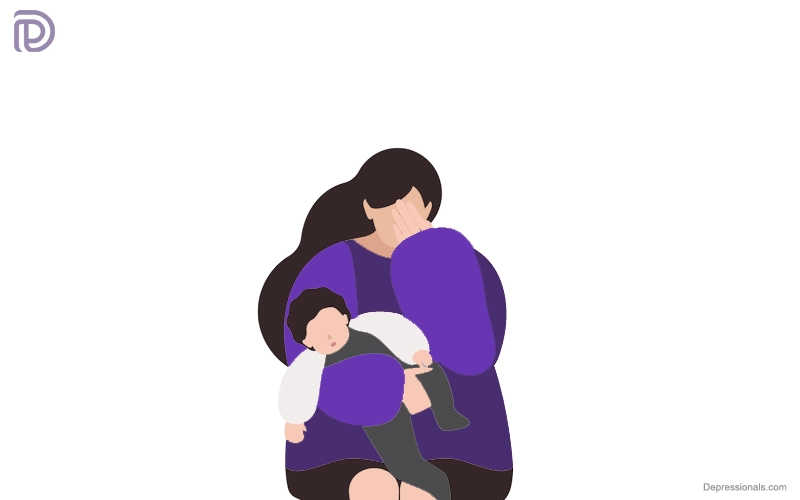
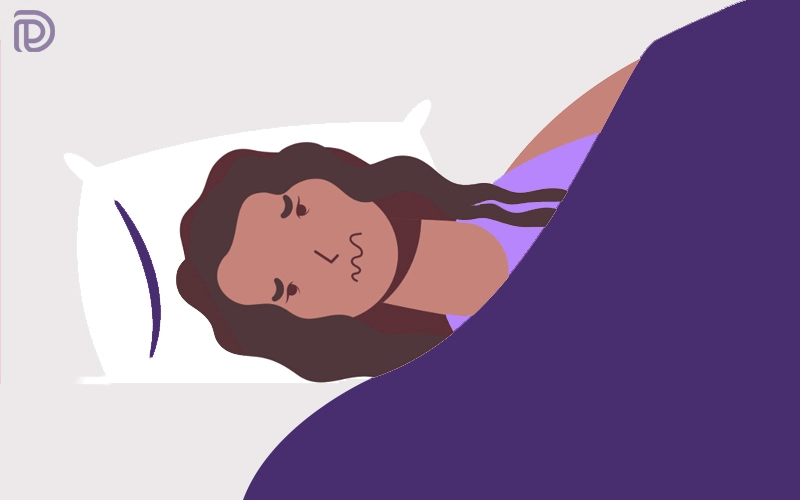
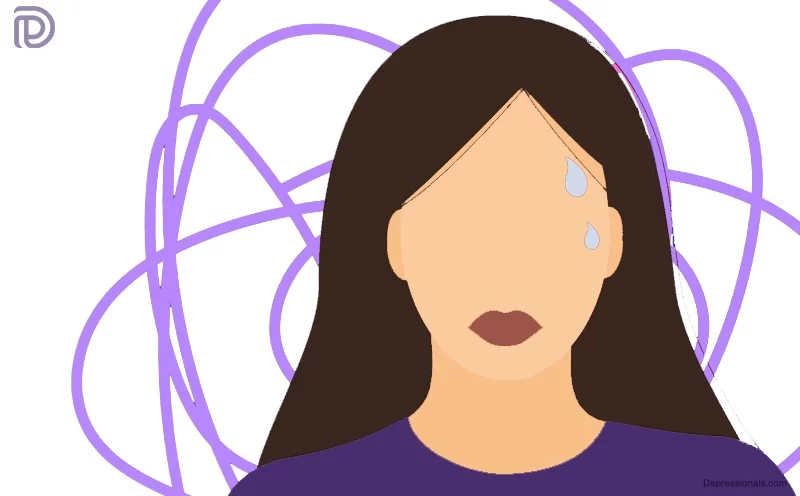
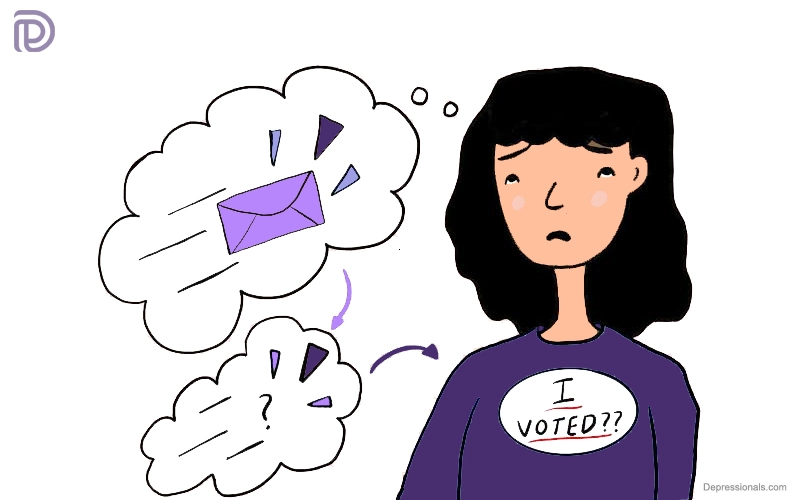
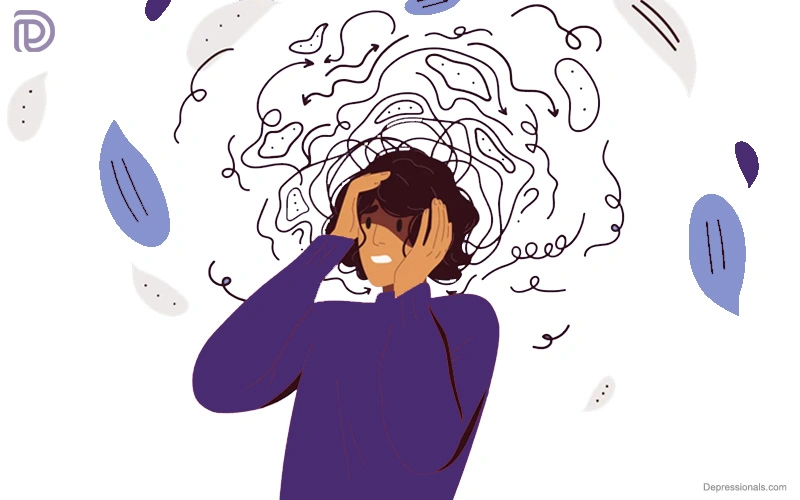

I adore meeting utile info, this post has got me even more info! .